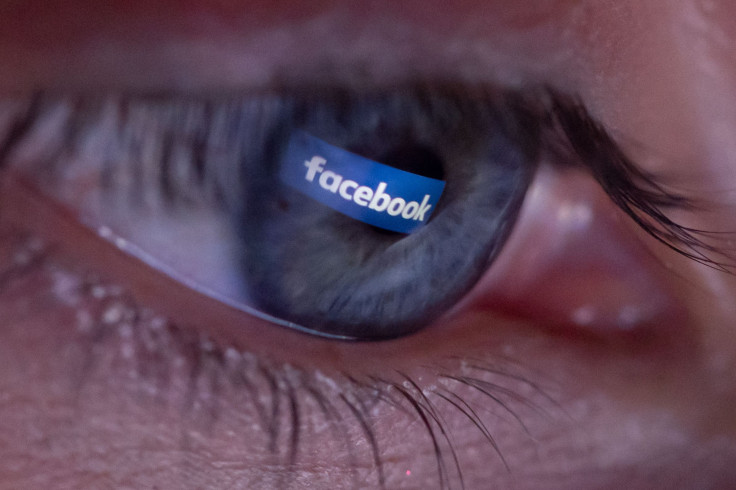Facebook Officially Unveils Portal Video-Calling Device

After nearly a year of rumors, Facebook officially unveiled its answer to Amazon Echo and Google Home. The social media giant showed off the Portal product on Monday, with an emphasis on video calling and a promise of privacy.
Portal is essentially a tablet screen mounted to a vertical stand that facilitates video calls between Facebook contacts. Only one user needs to have Portal to start a video call, as it will connect with Facebook contacts. Since it is a rare hardware product made by Facebook, it will only connect to Facebook contacts.
The device’s existence was originally reported in January by Cheddar.
Today we're excited to introduce @PortalFacebook to everyone. Come say hi and check out https://t.co/jQuzzc97CK to learn more. pic.twitter.com/PzlTQDi6NI
— Facebook (@facebook) October 8, 2018
It comes in two varieties: the Portal and the Portal Plus. The former is $199 and has a smaller screen with a lower resolution. The latter’s screen is larger, higher resolution and can display images either vertically or horizontally. Otherwise, both Portals offer the same features and both launch in November.
What makes Portal unique is that the camera will automatically track users’ movements, so they can make video calls while moving around a room and doing other things with their hands. The camera will not only pan but will dynamically zoom to fit multiple users into the frame.
Early adopters of Portal who do not have any particular loyalty to Facebook video calls may find little else to do with the device. Facebook is currently keeping it closed off to developers, according to The Verge, meaning the handful of secondary functions it has will be inherently limited for a while.
Users can listen to music through iHeartRadio and Spotify or watch videos on Facebook Watch. Basic tablet functions like web browsing or even Facebook-developed apps are nowhere to be found, at least in the initial Portal offering. All of it can be controlled by Amazon Alexa-fueled voice operation, with commands starting with the phrase “Hey, Portal.”
Though technically a competitor to Echo, Home or Apple’s HomePod, Portal seems to be aimed at a niche market with its video calling emphasis. If Facebook chooses to give third-party developers access to Portal, it could eventually do more than some of its competitors by virtue of having a screen. At the moment, though, its uses seem limited.
There is also the issue of timing for Facebook. The company has been dogged throughout 2018 by concerns that it cannot protect the massively detailed data it collects about every Facebook user. The Cambridge Analytica scandal in March and a huge data breach in September might make some customers skeptical about putting a motion-tracking Facebook camera in their living rooms.
Facebook seemed aware of these concerns in its promotional materials. The Portal website promised that users can instantly turn off the device’s camera and microphone. Additionally, Portal will ship with a physical camera cover, in case users want an extra layer of security.
© Copyright IBTimes 2024. All rights reserved.











